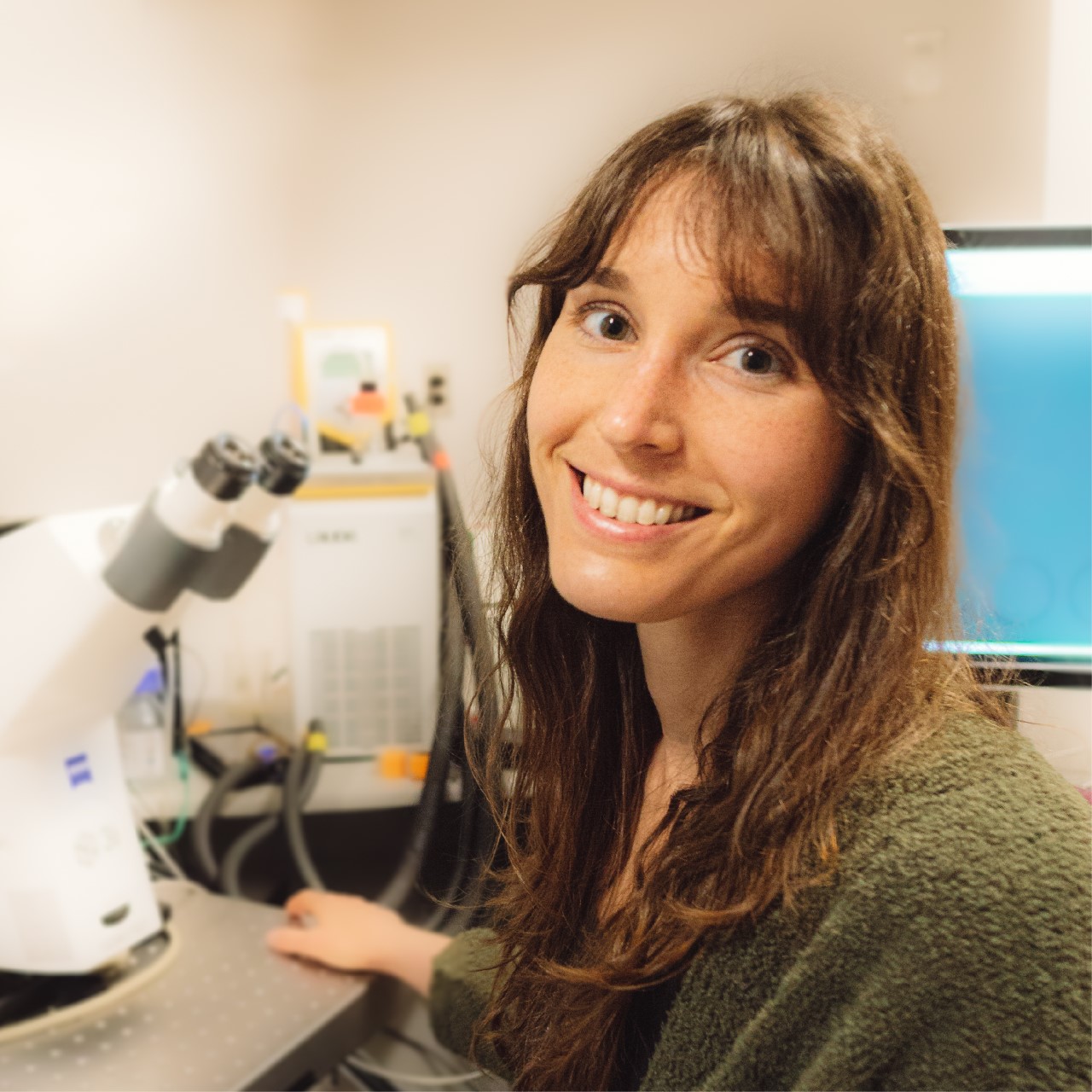Every cell contains specialized compartments called organelles that perform distinct functions, and cells employ counting mechanisms to finely tune organelle population. Centrioles are one type of organelle required for proper cell division and mammalian development. Cells normally contain two or four centrioles, depending on cell cycle state, and centriole gains or losses result in cancer. One exception to this rule are the cells that line our airways, brain ventricles, and reproductive tracts. These cells contain hundreds of centrioles-yet how these specialized cells break the rules of conventional cell cycle-regulated counting mechanisms remains a mystery. Dr. Jewett's [Merck Fellow] work utilizes primary cell culture and in vivo models to understand the molecular framework that allows increased numbers of centrioles in certain cell types. This work will advance our understanding of how defects in centriole growth cause human diseases such as cancer. Dr. Jewett received her PhD from the University of Colorado School of Medicine and her BS from the University of Denver.
Damon Runyon Researchers
Meet Our Scientists
Cayla E. Jewett, PhD
Project title: "Mechanisms of centriole number control in multiciliated cells"
Institution: University of Colorado Denver
Named Award: Merck Fellow
Award Program: Fellow
Sponsor(s) / Mentor(s): Chad G. Pearson, PhD
Cancer Type: All Cancers
Research Area: Cell Biology







